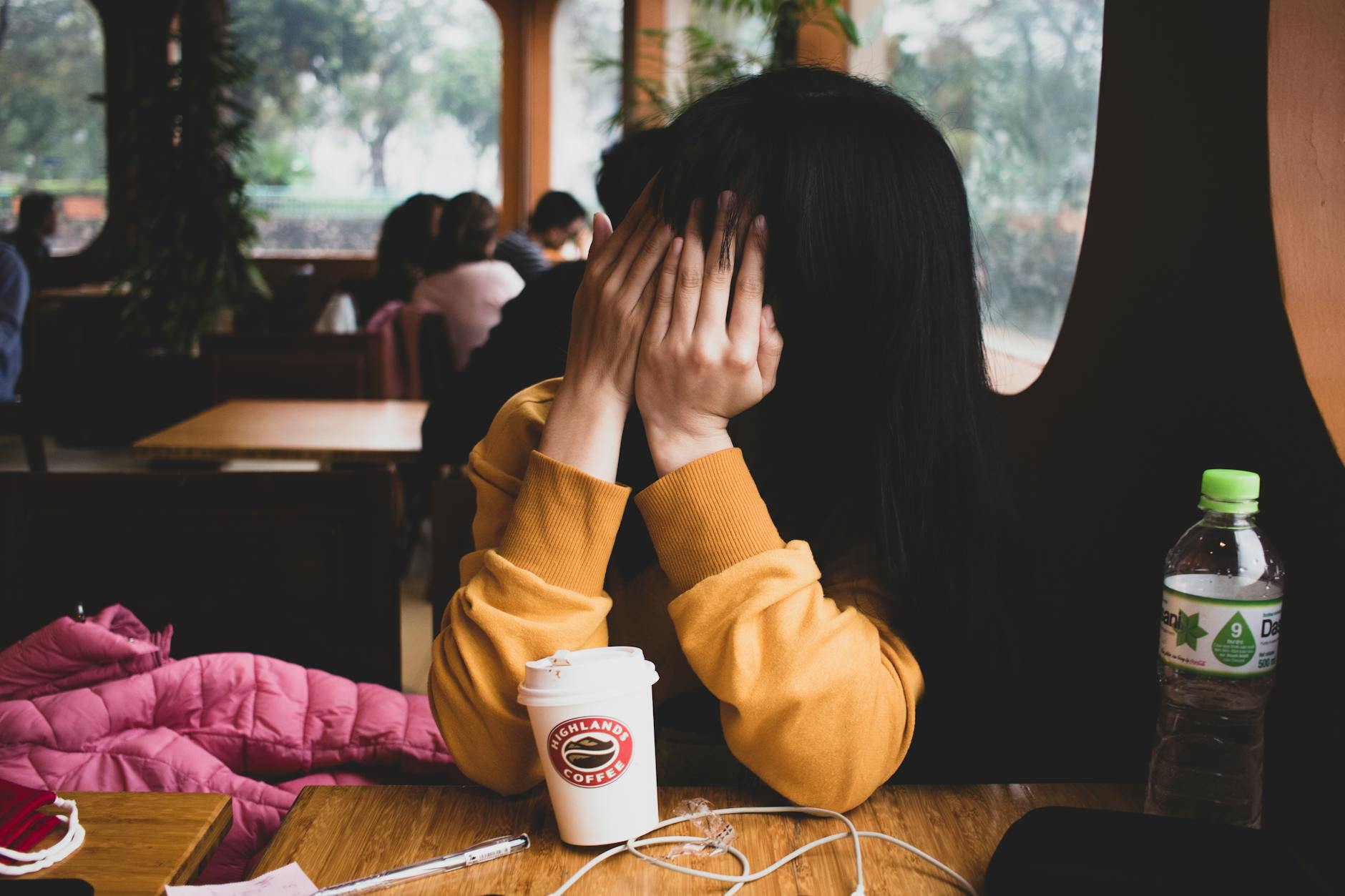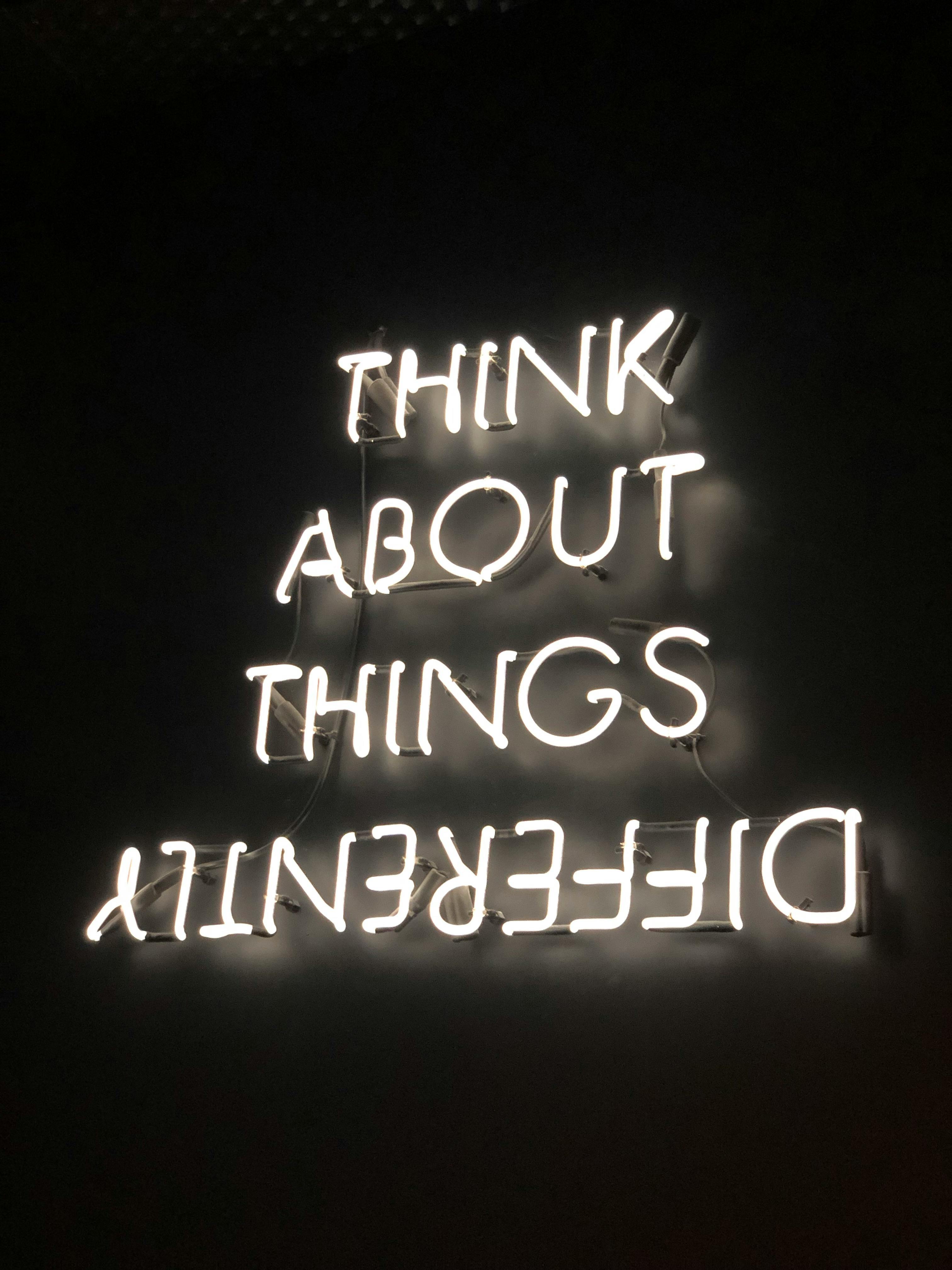I guess, ideally, it would be better not to care.
I turned 30
yesterday.
France is on lockdown again, so celebrations are limited to, well, to the same
as last year: nothing.
And I guess it’s fine. I’ve spent so much time pretending I didn’t care about
my birthday that I shouldn’t be surprised when no one is aware of it.
In a way it’s quite ironical: I started doing that to avoid the disappointment
of people not celebrating it. If I don’t tell them, then I can’t be
disappointed when they don’t remember it. Mission accomplished?
My mother
sent me a message on the family group chat. My siblings added theirs.
I had seen my mother’s side of the family on Sunday so it wasn’t surprising
that no one called yesterday.
My father’s mother sent me an email one day early before pointing out by text
that she knew the date but she had thought we were the 7 on Monday. Better
early than late, she concluded.
My father’s brother sent me a text.
My mother in law sent a text and called. Just to be sure. It was awkward, but
it was nice of her.
H, despite
his rising anxiety, wished me a happy birthday first thing when he emerged from
our bedroom.
My friend who lives in Japan and with whom I only talk every once in a while
remembered and sent me a message.
One of my newest friends sent me a text. I think she remembered the discussion
we had had on why my birthday usually made me sad.
My group chat friends sent me messaged in the evening, even though I don’t often
interact with them.
A while ago
I decided I would stop trying to maintain friendships in which I was the only
one keeping in touch.
It’s hard not to feel guilty, like I was betraying someone.
But it’s because the disappointment just stings too much.
I got a text in the evening, sometime after midnight. I had gone to sleep
already.
It felt like an afterthought.
Like they just saw the date and went “oh shit” and shot a text my way.
Is that all I am for you now? An afterthought?
You say you love me but how am I supposed to know? Your birthday present is
still in my living room, waiting for an opportunity to see you.
I guess living with my father doesn’t help.
He only remembered this morning.
He texted me that he would call later today. I was half of a mind to tell him
not to bother.
I can’t blame him. I only wished his a couple of days after the right date.
I guess our relationship can’t really
suffer anymore. We’d need to have one for that.
That’s not
true. We do have some kind of relationship.
but we function just as well as cats and dogs.
I have no doubt that he loves me. I’m just not really a priority.
My father is a problem solver who relies on the validation he gets from feeling
useful and needed. There’s nothing wrong with that. I function the same way.
He will always be here to repair stuff, build stuff, drive somewhere. If there
is something he can /do/, he’ll do it in a blink of an eye.
But if there is no /action/ to be done, then he is at loss. Emotional work has
never been his strong suit.
Home’s never been a place to find emotional comfort.
So I’ve grown never to depend on people for emotional support and to deal with
my problems on my own.
Strong and independent.
So if I don’t need anything fixed, my father doesn’t really have any reason to
interact with me I guess.
It’s okay. We’ve never been a very tight knit family.
And yet, sometimes I wish we were a bit less stubborn and a bit more caring.
Why can’t I
just shake off the bitter taste of disappointment?
What can’t I just be satisfied with what I have?
Why can’t I just let go?
It won’t matter. Right?



